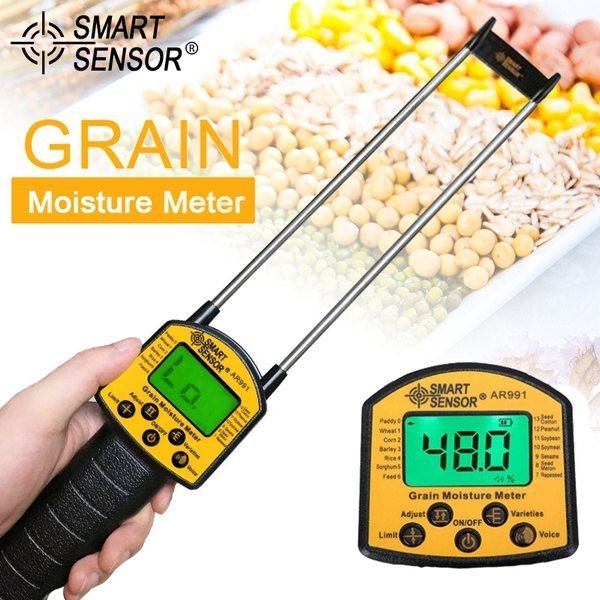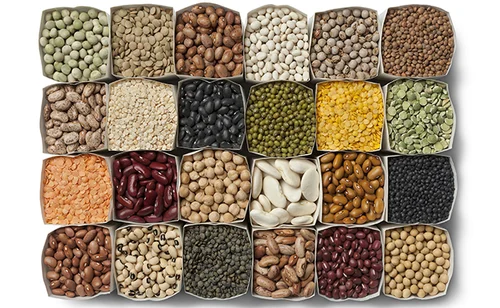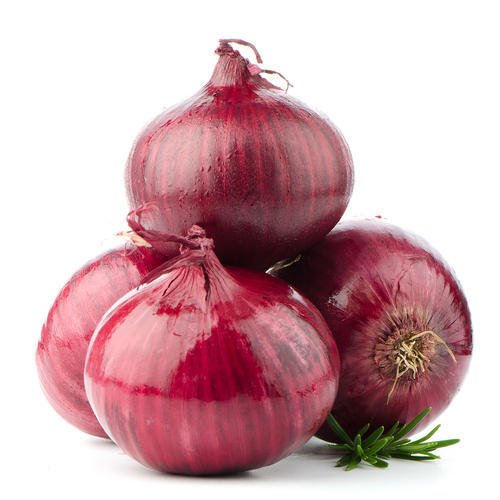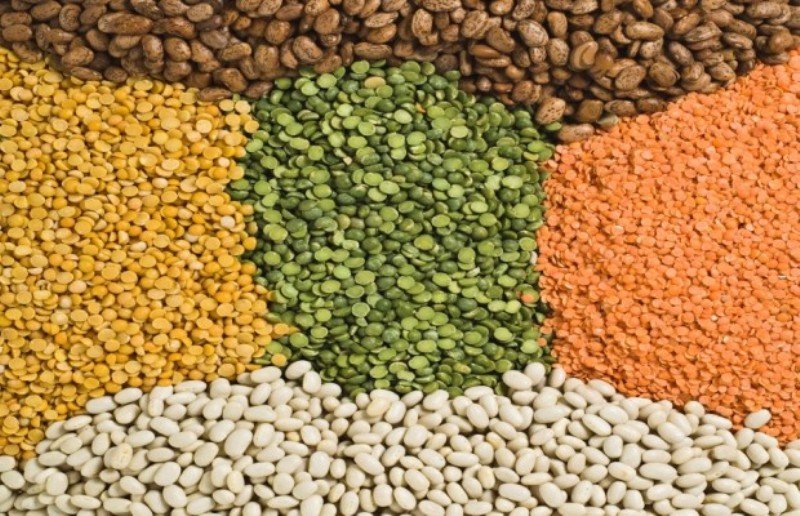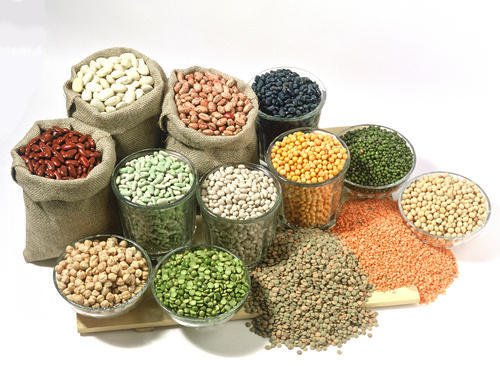Dept of Consumer Affairs, proposes to include moisture meters for measurement of moisture in cereal grains and oilseeds
By measuring moisture levels, farmers and traders can ensure better preservation, reduce risks of spoilage, and maintain optimal conditions for storage and transportation.
The Department of Consumer Affairs, Government of India organized a meeting with all stakeholders to discuss the draft rules for moisture meters used for measuring moisture level in cereal grains and oilseeds. Nidhi Khare, Secretary, Department of Consumer Affairs chaired the meeting.
The amendment aims to incorporate specifications for the moisture meters in measuring moisture levels in cereal grains and oilseeds. Rules will specify the metrological and technical requirements, test methods and maximum permissible errors for the type approval of grain moisture meters used in commercial transactions of cereal grains and oilseeds. Various manufacturers, users, scientific institutions, laboratories, State Government Legal Metrology Departments and VCOs participated in the meeting.
A moisture meter is a specialized device used to measure the moisture content in various substances, particularly cereal grains and oilseeds in agriculture. It provides accurate readings that are crucial for determining the quality and storage suitability of these commodities. By measuring moisture levels, farmers and traders can ensure better preservation, reduce risks of spoilage, and maintain optimal conditions for storage and transportation. The proposed inclusion of moisture meters in the Legal Metrology Rules aims to standardize and regulate their accuracy, enhancing fairness and transparency in agricultural trade practices.
The draft rules pertaining to moisture meters were made available for public feedback on May 30, 2024, inviting comments from all stakeholders, by the end of June, 2024. All the comments received on the draft rules were discussed in detail during the meeting.
All the stakeholders supported the proposed amendment for inclusion of moisture meters used for measuring moisture level in cereal grains and oilseeds. They emphasized the importance of implementing these rules in the best interest of farmers and other stakeholders involved in the agriculture sector.
By measuring moisture levels, farmers and traders

